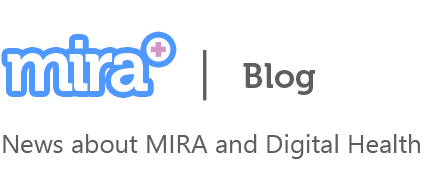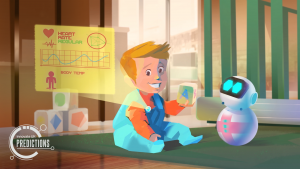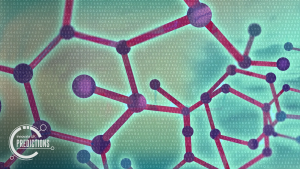By Correy Faccini
In the latest version of Innovate UK’s Predictions Series, they take a look at the emerging technology in healthcare and how it will affect all of us. The future of healthcare looks bright, improving every stage of our lives, from birth to old age. The technology can help us live healthier and longer lives in ways we didn’t think were possible, changing the whole healthcare system in the process. Here’s a closer look at some of the predictions:
Early Life
Foetal scanning and surgery is already in place, however these are set to improve. This means that health problems in foetuses will be detected before birth and a plan of treatment can be put into place that the parents can follow for a healthier life for the child.
The Internet of Things and wearable technology will spot signs of illness quicker, as our health will be constantly monitored. Devices will recognise changes in your health by comparing it to your data when you were in full health, then alert you before anything bad has a chance to develop further.
A Visit to the Doctors
You will no longer need to tell your doctors your symptoms, you can simply step into a scanner like at the airport, or it could even be as easy as breathing into something. The technology will be able to detect illness, giving the doctor one less job and more time to focus on more important tasks.
The scanner will use your data, including lifestyle and diet, and data from the in-depth check up to create a full report on your current health. This will be particularly useful with monitoring chronic diseases such as diabetes and dementia.
What If There’s an Issue?
If an illness has been detected, the doctor will be alerted to come and give the patient a consultation, or the scanner will even be able to dispense the medication needed, just like a vending machine! This allows the patient to get medicine quicker than ever, revolutionising the healthcare system.
The medicine that will be dispensed will likely be made by artificial intelligence, meaning the scanner will look through vast amounts of chemical or medical data and use this information to create the drug needed. The drug will be printed out in 3D and placed by the patient’s bed side table.
What About Hospitals?
Hospitals are likely to have a dramatic change, robots will be used to transport patients around the hospital, and this will also create a more sterile environment for the patients. A wireless sensor will be able to detect change in the patient, which will be sent to the doctor instantly. Diagnosis will be more accurate, as using algorithms and AI will be much better than a diagnosis from a human.
An Impersonal Experience?
One of the risks with robots being present in hospitals, is the fact that it’ll feel very impersonal. However, we disagree that this will be the case. The robots will do the boring parts, such as diagnosis but the consultation and advice after will be done by real people. The robots will give the doctors more time to offer a higher quality of service, they can take their time rather than rushing the important things.
The Effect on Cancer & Dementia
Gene editing is an exciting new tool which allows you to insert, delete or repair DNA and this creates great potential in neutralising illnesses such as dementia and cancer. For cancer, this means killing cancer cells in the body, in just one session. The recovery is fast and patients will be able to go home in a much quicker time than normal treatments.
The Future of Digital Health
Not only will technology help cure illnesses, the innovations will also boost the morale of people living with illnesses. This where MIRA steps in: a software that makes recovery and recuperation easier for patients , helping those who are coming through surgery or injury to regain their mobility as well as cognitive functions. With the introduction of gamification and virtual reality, patients will have fun and interactive ways to recover in the comfort of their home, remotely monitored by their therapists. This technology also tracks the process of their recovery, providing valuable information that can be used to adjust and personalise therapy programmes for a speedier recovery.
If you’re interested in finding more future prediction videos like this, you can subscribe to Innovate UK’s YouTube channel here.
Additionally, you can follow @InnovateUK on Twitter here.
About the author
Correy Faccini creates content for Innovate UK to help start-ups & SMEs in their early stages. To follow Innovate UK on Twitter go to @InnovateUK







